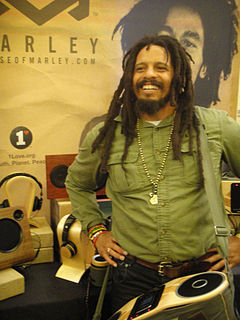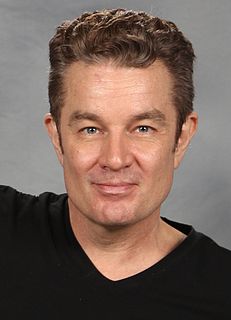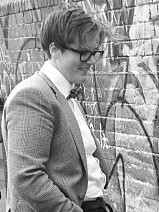A Quote by Ayelet Waldman
I believe that mothers should tell the truth, even - no, especially - when the truth is difficult. It's always easier, and in the short term can even feel right, to pretend everything is okay, and to encourage your children to do the same. But concealment leads to shame, and of all hurts shame is the most painful.
Related Quotes
You see it is important to understand how damaged people don't always know how to say yes, or to choose the big thing, even when it is right in front of them. It's a shame we carry. The shame of wanting something good. The shame of feeling something good. The shame of not believing we deserve to stand in the same room in the same way as all those we admire. Big red As on our chests.
Beware of the truth, gentle Sister. Although much sought after, truth can be dangerous to the seeker. Myths and reassuring lies are much easier to find and believe. If you find a truth, even a temporary one, it can demand that you make painful changes. Conceal your truths within words. Natural ambiguity will protect you then.
Shame usually follows a pattern—a cycle of self-recrimination and lies that claims life after life. First, we experience an intensely painful event. Second, we believe the lie that our pain and failure is who we are—not just something we’ve done, or had done to us—and we experience shame. And finally, our feelings of shame trap us into thinking that we can never recover—that, in fact, we don’t even deserve to.
Shame has its place. Shame is what you do to a kid to stop them running on the road. And then you take the shame away, and immediately, they're back in the fold. You should never soak anybody in shame. It's the prolonged existence of shame that then flips out into destructive rage. We can't exist in that. It's like treacle.
I believe we all have lists of shame. Long lists. We live with our constellation of shames quite privately. But they weigh us down. I wish I could abracadabra away shame. This is such a waste of our small time on earth. Our bodies are often the focus of shame. The shame of the body changing. Of the sexual body. Of the aging body. Not being able to do what you once could do. Even just looking at your skin as you age, the texture, the wrinkle, the sag, and somehow feeling ashamed and responsible for its changes.
And nothing inspires as much shame as being a parent. Children confront us with our paradoxes and hypocrisies, and we are exposed. You need to find an answer for every why — Why do we do this? Why don’t we do that? — and often there isn’t a good one. So you say, simply, because. Or you tell a story that you know isn’t true. And whether or not your face reddens, you blush. The shame of parenthood — which is a good shame — is that we want our children to be more whole than we are, to have satisfactory answers.
I told him the truth, that I loved him and didn't regret anything about our lives together. But do we ever 'tell the truth, the whole truth, and nothing but the truth, so help me God' as my father used to say, to those we love? Or even to ourselves? Don't even the best and most fortunate of lives hint at other possibilities, at a different kind of sweetness and, yes, bitterness too? Isn't this why we can't help feeling cheated, even when we know we haven't been?







































